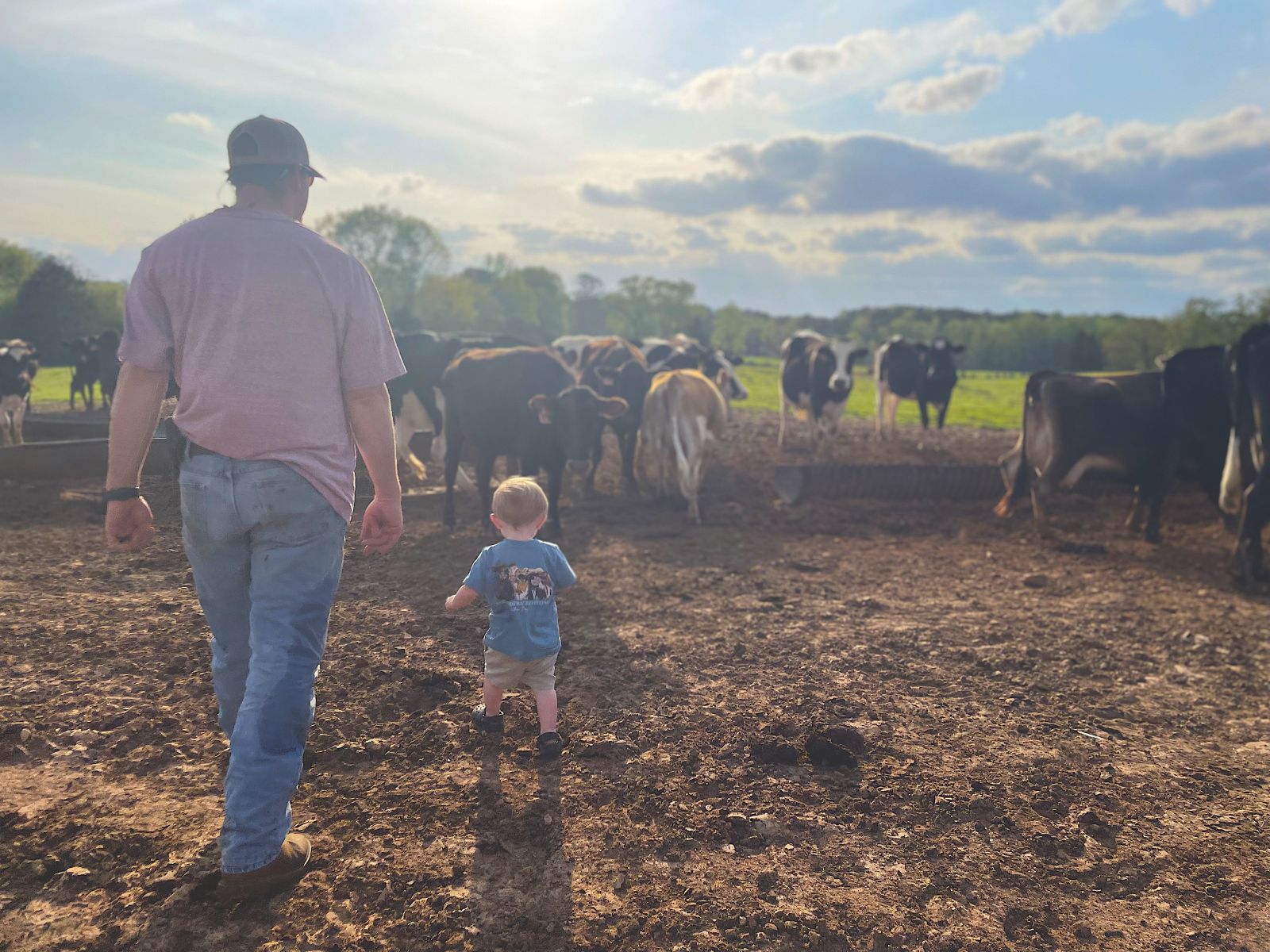test-blog
Farm succession planning do’s and don’ts
by Jay Stone
News Reporter
Posted on September 7, 2024 8:49 AM
University of Nebraska Professor Emeritus Dr. Ron Hanson injects humor into his talks about farm succession planning with chicken-related cartoons. In one cartoon a chicken tells another, “You’d better get out of the sun. You look done.”
The unintentional message is: Don’t chicken out on succession planning.
“It does take a lot of courage and a lot of commitment, particularly if there's some issues there,” Hanson said.
Hanson consults with families seeking to pass their farms from one generation to the next. His best advice on building a successful transition plan: Communicate with clarity.
The importance of having and executing a transition plan cannot be overstated for any farm family, and it figures to become a major challenge across agriculture in the near future.
Hanson said that 70% of land ownership is likely to change hands in the next 15 years, with aging and passing of the baby boomer generation.
So, what to do? What not to do?
Hanson led two breakout sessions during the GFB Young Farmers & Ranchers Summer Leadership Conference in July addressing succession planning.
“Most family operations start out with the very, very best of intentions, hopes, dreams and promises. Then something happens, and we have a train wreck,” Hanson said. “What are those consequences of failing to implement that transition plan? The family ag business ends up being dissolved, and the farm itself ends up being divided or split apart.”
Succession mistakes to avoid
The seven common mistakes Hanson discussed include:
• Not making succession planning a priority.
“Parents have a long list of reasons and excuses to postpone or avoid succession planning itself. But remember, excuses are a perfect recipe for failure,” Hanson said.
• Keeping business secret for fear of losing control.
“Fears become roadblocks, and nothing gets done,” said Hanson, who has had farmers tell him they had no plans to die. “Many times, the older generation hangs on to too much for too long. That could be a mistake because they never give the next generation a chance to learn.”
• Failure to communicate.
“No family ever wants to sit down together and talk about the day when one of those chairs at that table will be empty, but empty chairs happen. You can't avoid it,” Hanson said.
• Lack of goals & expectations.
Hanson said families need a long-term vision and a plan for the future.
• Sidestepping issues to avoid confrontation.
This, Hanson said, results in conflicts going unresolved.
• Indecision & poor plan execution.
“Avoid the trap of just talking and nothing ever getting decided,” Hanson said. “Be decisive. Move forward and remember that a plan that is never executed will accomplish nothing but frustration and stress.”
Why succession planning is hard
Hanson said the main thing that strains family farming relationships is family wealth.
“Money, wealth, property and particularly land ownership really puts families to the test,” Hanson said. “Families fighting over money and land ownership destroys relationships. All the more reason you've got to plan and have a transition plan in place that's documented and discussed, so everyone knows what is going to be done and how it's going to be done.”
He noted that only 30% of family farming operations will make it past a second generation without a transition plan. Only 12% will make it past the third generation without a plan and only 3% will make it past the fourth generation without a plan.
Effective succession planning strategies
• Insist all family members participate.
“The key point is this is Mom and Dad's duty,” Hanson said. “You've got to be persistent, get answers, you’ve got to put pressure, ask direct questions that deserve answers. And you have to be patient one step at a time.”
• List goals & expectations, including wishes & fears.
“Start writing down the ideas and draft a plan,” Hanson said. “That written plan is important because it's a management tool that provides direction for family discussions. Focus on family core values and be sure all voices are heard and respected.”
• Ask hard questions. Be honest to achieve clarity.
“Avoiding discussions and challenges now could spell disaster later,” Hanson said.
• Be persistent, set deadlines & follow through.
Hanson emphasized the importance of designating a facilitator, a “take-charge” family member who all family members respect, trust and look to for direction.
For more information about Hanson’s consulting services, visit www.passingonthefarm.com. Hanson may be contacted at ron@passingonthefarm.com.
